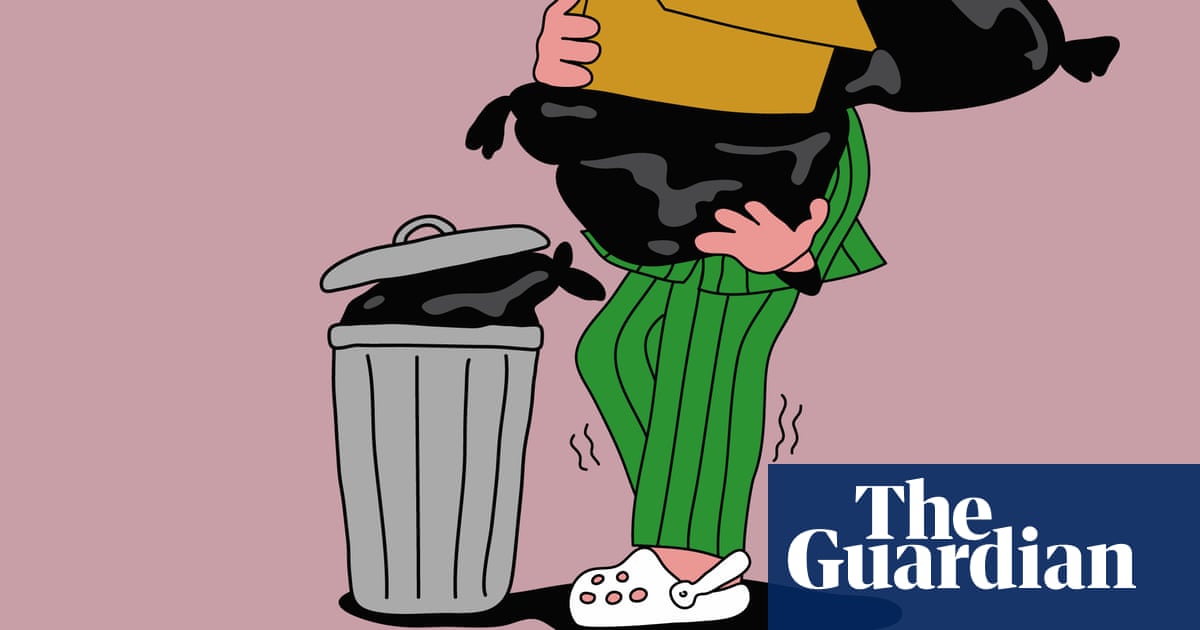
It would be an English understatement to argue that the House of Lords, the upper house of the UK Parliament, has its best years behind it and it is time for change. Although, truth be told, this outdated institution has had a good run of nearly 700 years. The future of the House of Lords and the need to replace it with an upper chamber that is fit for a major modern international power has been a topic of debate for decades. However, not much has been done in the 20-plus years since the Blair government courageously excluded hereditary peerages, with the exception of 92 peers, even though there is a general consensus that the structure and ethos of this institution is no longer fit for purpose.
It is hardly regarded as a vote-winner, or even worth all the political hassle, to radically reform the UK’s upper chamber, but Labour leader Keir Starmer has decided to show leadership on the issue and has confirmed that abolishing the House of Lords will be one of the centerpieces of his constitutional reforms should his party win the next election.
It is not only about what this institution is, but to a large extent about what it represents — the stagnant, old-fashioned politics of the privileged. Abolishing the House of Lords is not the answer to all the ills of British politics and society, but it is an important element in Starmer’s pledge to deliver “the biggest ever transfer of power from Westminster to the British people.” For too long this has been a mantra of many British politicians, yet among the world’s democracies the UK still has one of the most centralized power structures.
For both practical and ideological reasons, it would be difficult in the 21st century for any democratic system to justify a major legislative institution that is unelected. It defies the notions of representation and accountability, as well as the principle that positions of power and influence should be achieved by merit and not by patronage or privilege.
It is also the sheer size of the House of Lords — it has about 800 members — that suggests that it is more of an inflated club, appointments to which are made as a reward for a person’s service to the country or for their support of a certain politician or party, regardless of their suitability to serve as a legislator or their degree of interest in immersing themselves in the day-to-day work of the second chamber. Consequently, it makes this part of the political system stale and lacking in dynamism and agility in a fast-moving world.
In comparison, the US Senate has 100 elected members who serve six-year terms, with a third of the membership being elected every two years. Similarly, the French Senate has 348 elected members who serve six-year terms and, in the Canadian Senate, there are 105 members, albeit appointed on the recommendation of the prime minister, and there is mandatory retirement at the age of 75. Between being unelected and inflated in numbers, the Lords can hardly justify its existence.
It is easy, of course, to present a caricature of the House of Lords, but despite it being an anachronism, stuffed with too many members who are only in it for the title, the privileges and the connections, there is also a core of parliamentarians with great experience in the political, diplomatic, business, civil society, academic and art worlds who dedicate much time to supporting the functioning of British democracy. This is especially important at a time when the elected House of Commons has not exactly covered itself in glory and many of its members lack any substantial experience in any walk of life.
Nevertheless, there are far too many peers in the House of Lords who choose to be there because it means proximity to power and who are ready to misuse this as an opportunity to advance their vested interests or gain an undeserved respectability.
Over the years, this characteristic has become more dominant in appointments to the House of Lords, becoming another indicator of the ruling elite’s detachment from the vast majority of the population and hence preventing the country and its people from fulfilling their potential. The most recent call to abolish the House of Lords is not a standalone proposal, but one of 40 recommendations in a report by the Commission on the UK’s Future, led by former Prime Minister Gordon Brown, who was tasked by Starmer with supplying for a future Labour government a blueprint for renewing British democracy and rebuilding the economy.
Far-reaching constitutional reforms are especially important as the UK is approaching a social and political breaking point, with calls for another referendum on Scottish independence gathering momentum and even the Welsh beginning to discuss the idea of leaving the Union. This situation has been made more acute by the ill-conceived decision to leave the EU and the huge gap in wealth generation between London and the Southeast of England and the rest of the UK.
Between being unelected and inflated in numbers, the Lords can hardly justify its existence.
Yossi Mekelberg
Not surprisingly, a survey conducted by Brown’s commission presents a very worrying picture of the British people being disenchanted and quite frankly harboring a sense of hopelessness when it comes to the future. A vast majority of them see the UK as divided, unfair, weak and ill-prepared for the future; however, they do feel that the country should be doing better than it is today. And, considering the incompetence and corruption that we have seen throughout the Brexit years, the COVID-19 pandemic, the cost-of-living crisis and the fiasco of Liz Truss’ 45-day premiership that crashed the markets and will cost most of us dearly for years to come, who could blame anyone for this gloomy state of mind?
It would be a great shame to lose much of the expertise and experience of more than a few members of the House of Lords and there should be other arenas for them to continue their contributions to society. Nevertheless, the House of Lords has inevitably grown to represent the physical and psychological distance between the power center in London and the rest of the UK, the corruption and the clinging to past glories. It will be for a new upper chamber to offer something not only new, but representative, accountable and transparent, and which seeks to connect with people in all corners of the Union.
Yossi Mekelberg is professor of international relations and an associate fellow of the MENA Program at Chatham House. He is a regular contributor to the international written and electronic media. Twitter: @YMekelberg
Disclaimer: Views expressed by writers in this section are their own and do not necessarily reflect Arab News" point of view












